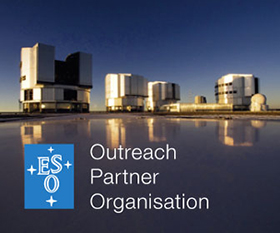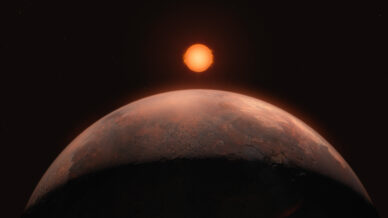
Scientists discover exoplanet orbiting closest single star to our Sun
Barnard b, an exoplanet with half the mass of Venus, was discovered by a team that includes several Instituto de Astrofísica e Ciências do Espaço researchers
Read more
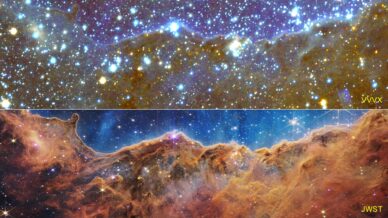
Most detailed infrared map ever of our Milky Way revealed
This map is the result of two observational surveys, spanning over more than 13 years, that had the participation of an Instituto de Astrofísica e Ciências do Espaço collaborator
Read more
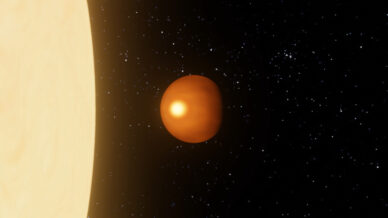
Instituto de Astrofísica e Ciências do Espaço paves the way in the field of Exoclimatology
Three papers about “hot jupiter” WASP-76 b, led by Instituto de Astrofísica e Ciências do Espaço researchers, will be the foundation for understanding the global climate of a giant exoplanet
Read more
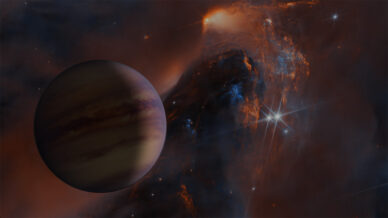
Six new worlds discovered adrift in a cradle of stars
An international team with the participation of the Institute of Astrophysics and Space Sciences (IA) used the James Webb telescope to find planetary-mass objects, but freely moving in interstellar space.
Read more
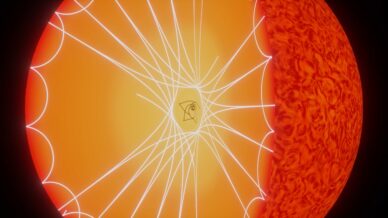
World experts in asteroseismology gather in international conference in Porto
The largest conference in the field of asteroseismology is organized by Instituto de Astrofísica e Ciências do Espaço, and is being held in Faculdade de Ciências da Universidade do Porto
Read more
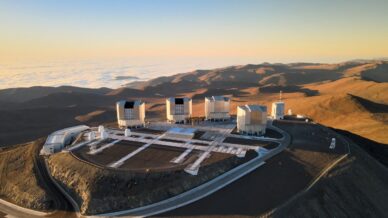
Agreement for the construction of telescope made in Portugal was signed
The agreement to install the PoET solar telescope in ESO’s Paranal Observatory was recently signed by ESO’s director general and the board of Centro de Astrofísica da Universidade do Porto, as host institution for the Instituto de Astrofísica e Ciências do Espaço.
Read more
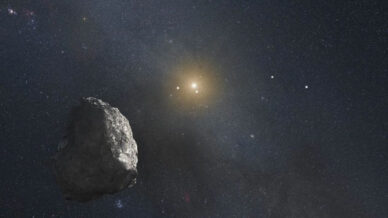
“Dry ice” found in fossils from the Solar System infancy
Observations with the James Webb telescope and the participation of the Institute of Astrophysics and Space Sciences (IA) revealed carbon dioxide in the ices beyond Neptune, which may inform studies on the origin of life on Earth
Read more

ESO signs agreement for ANDES instrument on the ELT
The construction of the ANDES spectrograph, to be installed in the largest telescope of the next generation, ESO’s ELT, has a strong participation of Instituto de Astrofísica e Ciências do Espaço.
Read more

